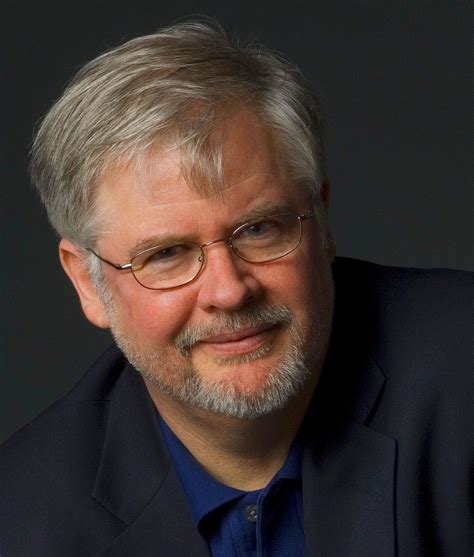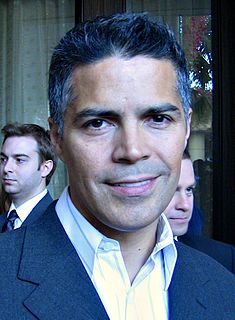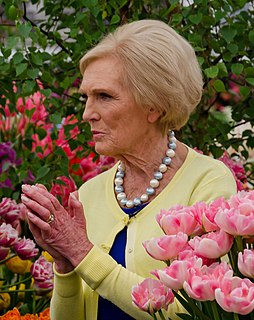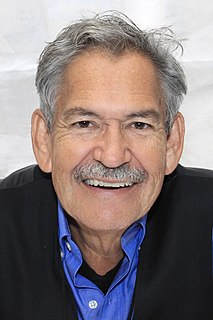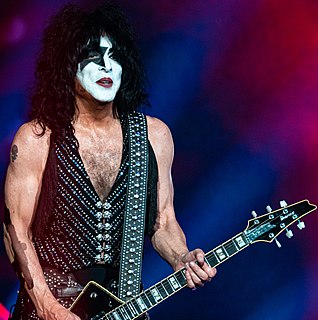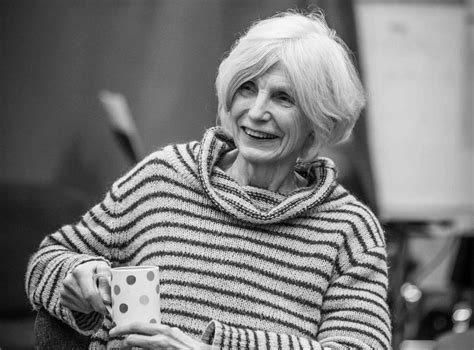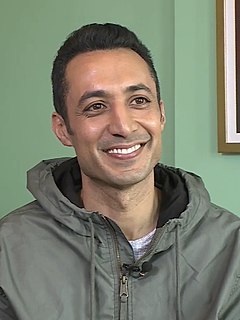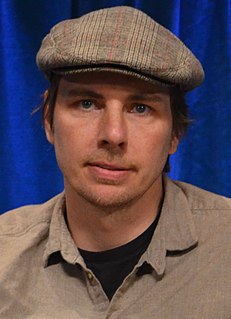A Quote by Christopher Durang
So many American plays are about family. When you're in the first part of your life, you write about family a lot. I find with my absurdist plays that I was actually writing about my family, but so disguised I didn't realize it myself.
Related Quotes
I was brought up to believe that it's family first. Of all the people my parents knew, the family was most important. You always turn to your family, and the family supports you. We do what we can to support our young and go and see the grandchildren if they're doing plays at school and their sports events.
We have this huge discourse on family in this country, but no one deconstructs it the same way. People talk about "the American family." The right wing has this thing - Focus on the Family. What the hell is that? I don't want to just discuss the issues - I want family to be a real part of the character of the novels I write, and I don't like to write things that feel like issue books.
For me writing is a long, hard, painful process, but it is addictive, a pleasure that I seek out actively. My advice to young writers is this: Read a lot. Read to find out what past writers have done. Then write about what you know. Write about your school, your class, about your teachers, your family. That's what I did. Each writer must find his or her own kind of voice. Finally, you have to keep on writing.
I write poetry to figure things out. It's what I use as a navigating tool in my life, so when there's something that I just can't understand, I have to "poem" my way through it. For that reason I write a lot about family, because my family confuses me and I'm always trying to figure them out. I write a lot about love, because love is continually confusing in all of its many glorious aspects.
There's nothing personal in it [THE SKRIKER]. I'm not ever inclined with any of the plays to say, This is about that, because plays are about the whole event that they are. . . . I was certainly wanting to write a play about damage - damage to nature and damage to people, both of which there's plenty of about. To that extent, I was writing a play about England now.
My feeling is that, and I've been writing about my family over the years, although it might make them feel uncomfortable, people generally like to be written about. If I've written a song about the family, they enjoy being mentioned in the songs. Nobody's confronted me and said 'don't write any songs about me.
What's great about TV, and what I love about being on 'Parenthood,' is you have this family. I'm now going on four years of working with the same 100 people, and that helps you feel like your life has more roots. It's more conducive to having a family, and you're staying in town. So that part is amazing.
